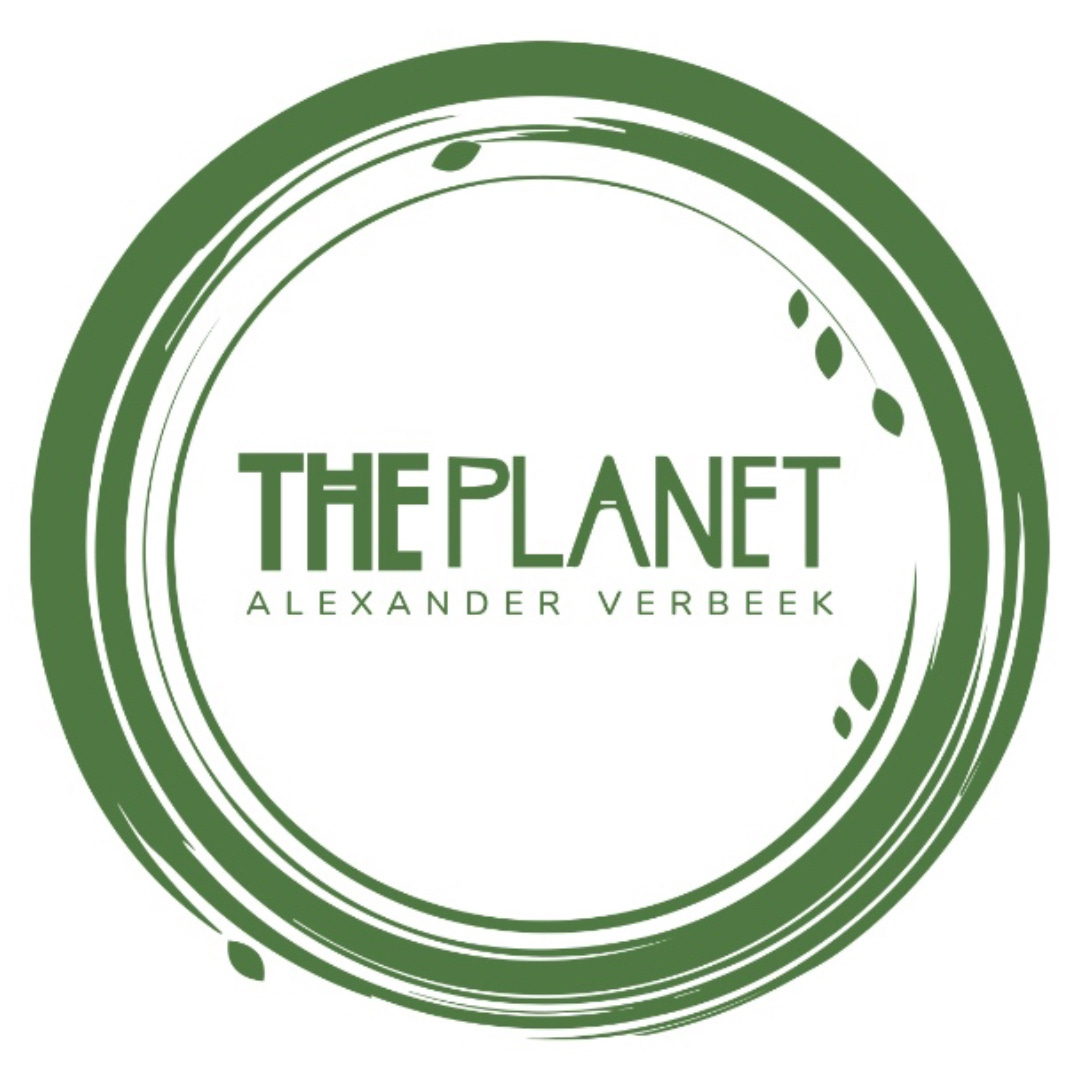The wastewater podcasts, part 7: the Arab Region
An interview with Khaldon Khashman (Secretary General of Arab Countries Water Utilities Association, ACWUA).
On December 16, I started publishing articles about wastewater management. All are based on podcast interviews I did in the past months, in cooperation with UN-Habitat, with seven experts worldwide. This is number 7 in the series and the last one; it will bring us to the final big white spot on the map of the Global South that I did not yet write about in the past week: the Arab Region.
For many of us, the Arab region may be one of the first that comes to mind when discussing water challenges, specifically the lack of water. So it is evident that using wastewater as a resource for water is one of the subjects covered in the podcast and this article. But there are more themes, and quite a few will have become familiar with those who have followed the whole series, like governance challenges, financing, data collection and monitoring, technology, or climate change.
Khaldon Khasman
I couldn’t think of a better expert to discuss all these issues than the Secretary General of the Arab Countries Water Utilities Association (ACWUA), Khaldon Khasman. He is also a member of the Strategic Advisory Group for UN Water, monitoring the achievements of SDG6.
Khaldon started by giving the bigger picture of water scarcity in the Arab region: 14 of the 22 Arab countries have an internal renewable freshwater supply below the water stress threshold of 1,000 cubic meters. Jordan, where Khaldon lives in the capital city of Amman, is one of the two countries in the world with the highest level of water scarcity.
The huge water challenges of the Arab region
So he confirmed what most listeners likely expected: the Arab region has a water challenge, but he then continued to put it into a broader perspective. Most people don’t realize that the Arab region relies on about 70 percent of its water from outside the Arab world. Think, for instance, of countries like Syria and Iraq that share water with upstream countries like Turkey. This situation is comparable to Egypt, which relies heavily on water from several countries like Ethiopia, Sudan, and Uganda.
This adds a political-security component to the water challenges of the Arab region. But, staying with the political and security situation, there are countries with internal problems and transboundary conflicts, leading to internally displaced people and refugees. Take, for instance, the millions of Syrian refugees in countries like Jordan, Lebanon, or Turkey.
Add poverty and the different development levels in the region to this mix, and you’ll see an enormous challenge by, first of all, the general lack of water but then the aggravating circumstances that make it so much harder to find workable solutions. Looking at all Arab countries, Khaldon doesn’t think the region can meet the Sustainable Development Goals for water before 2030.
Reclaimed water
On top of all these challenges, climate change will lead to more extreme weather like heat waves and droughts. Khaldon notices that treated wastewater becomes part of the water budget in practically all Arab countries. There are good examples of reuse in countries like Jordan, Tunisia, and Morocco. For instance, 95 percent of wastewater in Jordan is being reused, often blended with surface fresh water from the Jordan River.
Like other speakers in this series, he doesn’t believe that wastewater is the correct term; he prefers to speak about reclaimed water. Using reclaimed water for agriculture and other uses means that freshwater can be spared for higher-end purposes like drinking water.
Regional differences
Some countries in the region are very advanced in connecting people to the sewer system. In Jordan, the percentage is nearly 70 percent, and in the Gulf States, it’s 90 percent or more. But this percentage is much lower in other countries, and these countries need assistance. Khaldon doesn’t see one preferable system for the whole region. In some places, centralized wastewater treatment is the best solution. But in smaller communities where only a few thousand people live, like you find in agricultural areas of Egypt or Yemen, decentralized systems are preferable.
Data and monitoring
In many previous podcasts, collecting reliable and comparable data in the region proved to be a problem. Some countries got a lot of data with limited resources, like Jerry Asumbere described his methodology in Ghana, while others needed much more progress. In this aspect, the Arab region is doing remarkably well. Already in the process of the predecessor of the Agenda 2030 and the Sustainable development goals, the Millennium Development Goals, the Arab countries were coordinating well in guidelines and exchanges in data collection. It means that unlike in many other regions, there are generally good baseline data for the period of Agenda 2030 that started in 2015.
These are just some of the many issues we discussed in this podcast; I encourage you to listen to the full podcast via the button below (or you can find it on Spotify or Apple Podcasts).
Comments are always welcome:
A gift for friends or family:
And since it is the festive season: you could give a subscription to The Planet to a friend or family member:









An exceptional series discussing reclaiming wastewater with seven experts from different global regions. Their individual and collective contributions brought essential awareness to the critical need for water, even secondhand water, in water deprived countries. Each episode is worth hearing. Kudos to you as host and organizer, to each guest and to UN-Habitat for this important project of podcasts and articles.
Very interesting episode.
Truly a region where reclaimed water is essential. I learned a lot from this entire series.
Something I had not thought about at all - yet it was something that came up in all your wastewater podcasts - was data collection. How do you measure if you're meeting the targets? Is the data reliable?
Thank you!